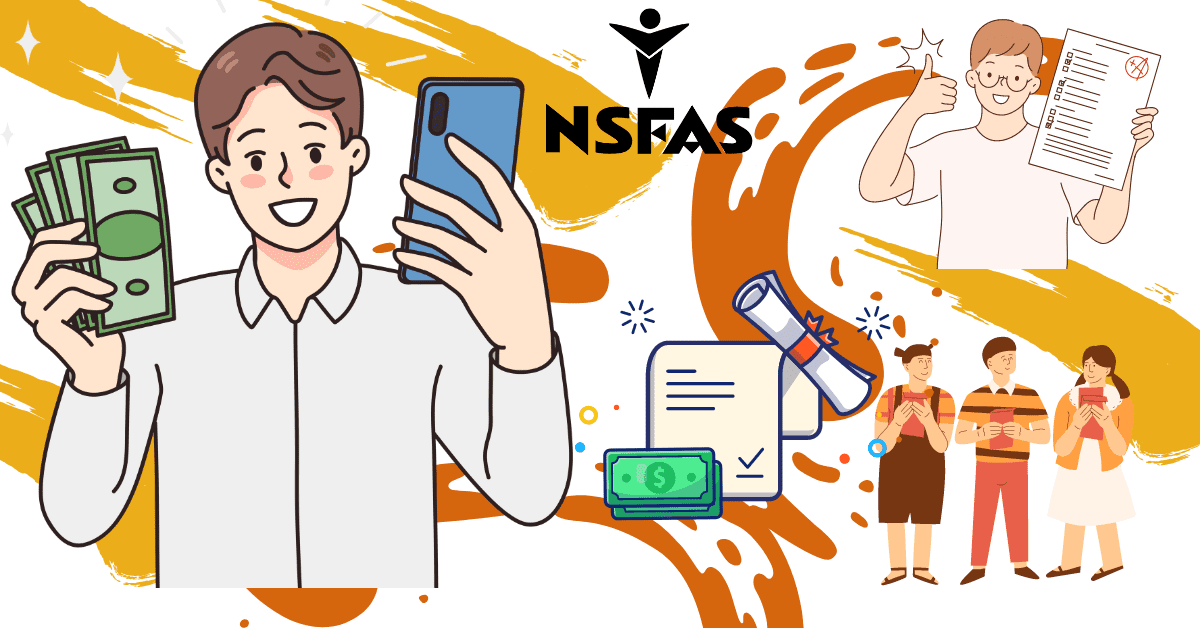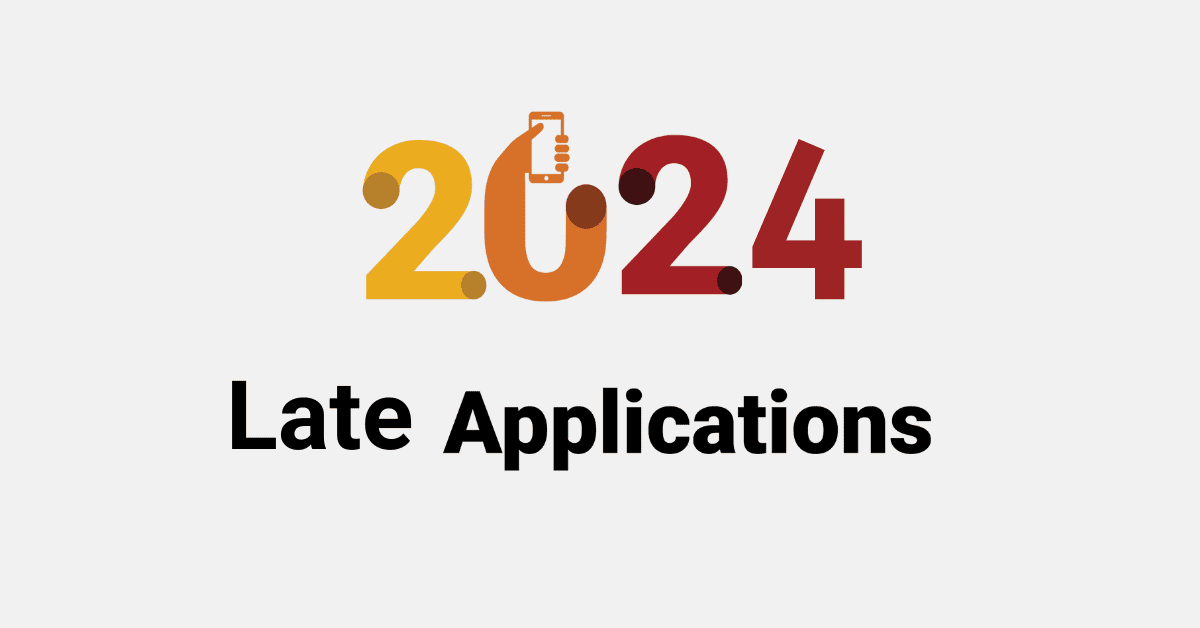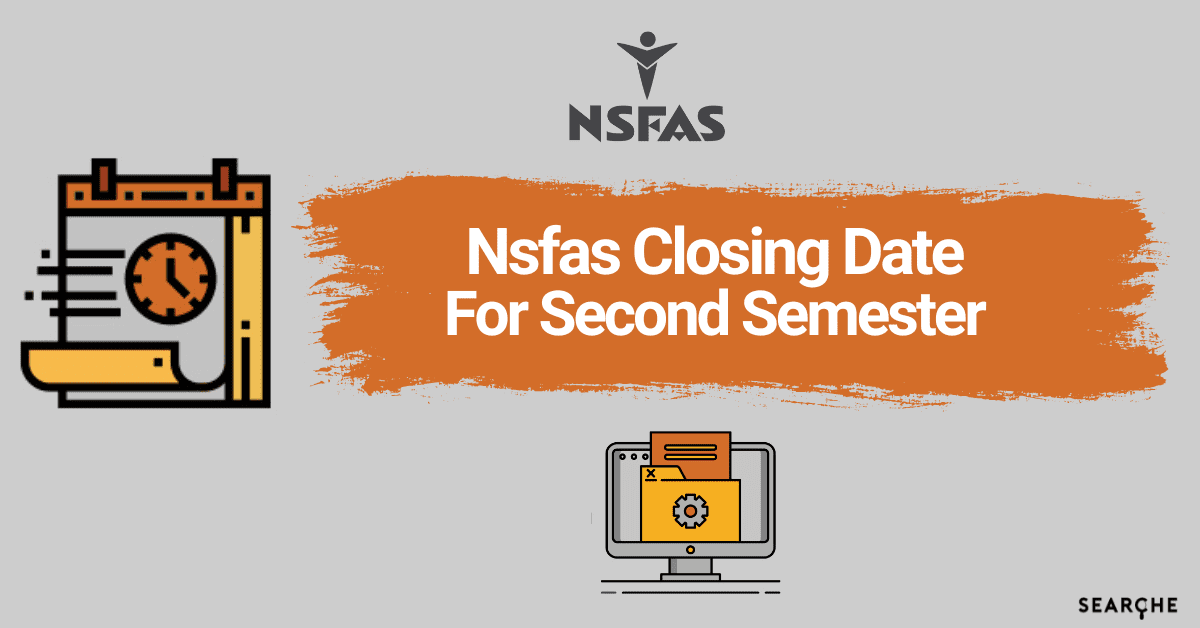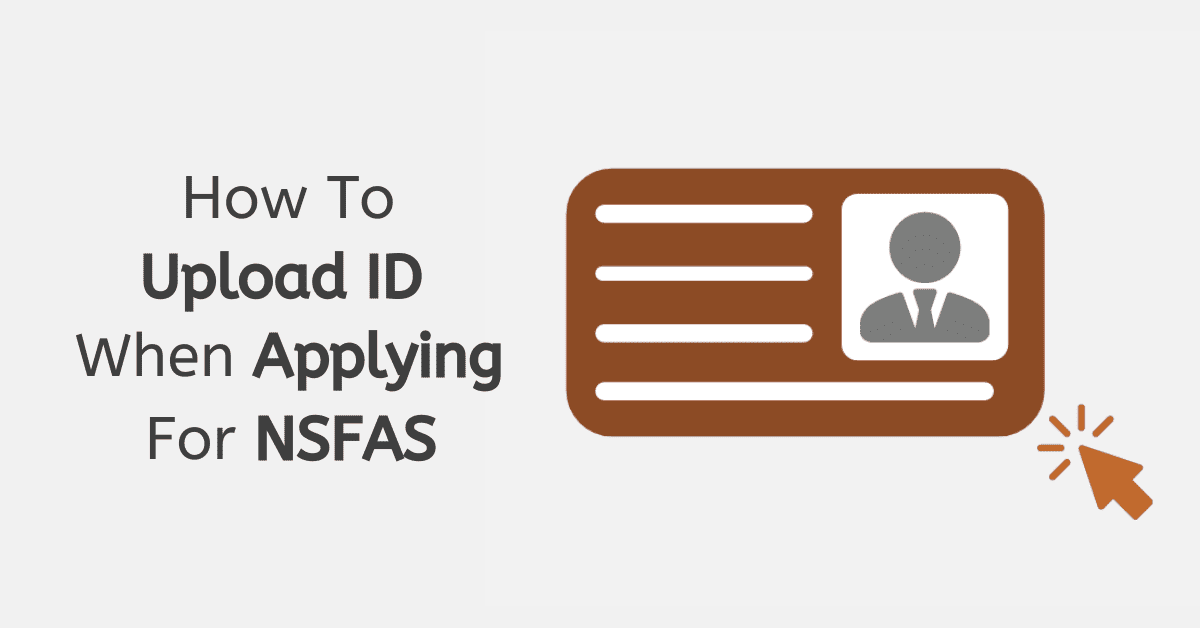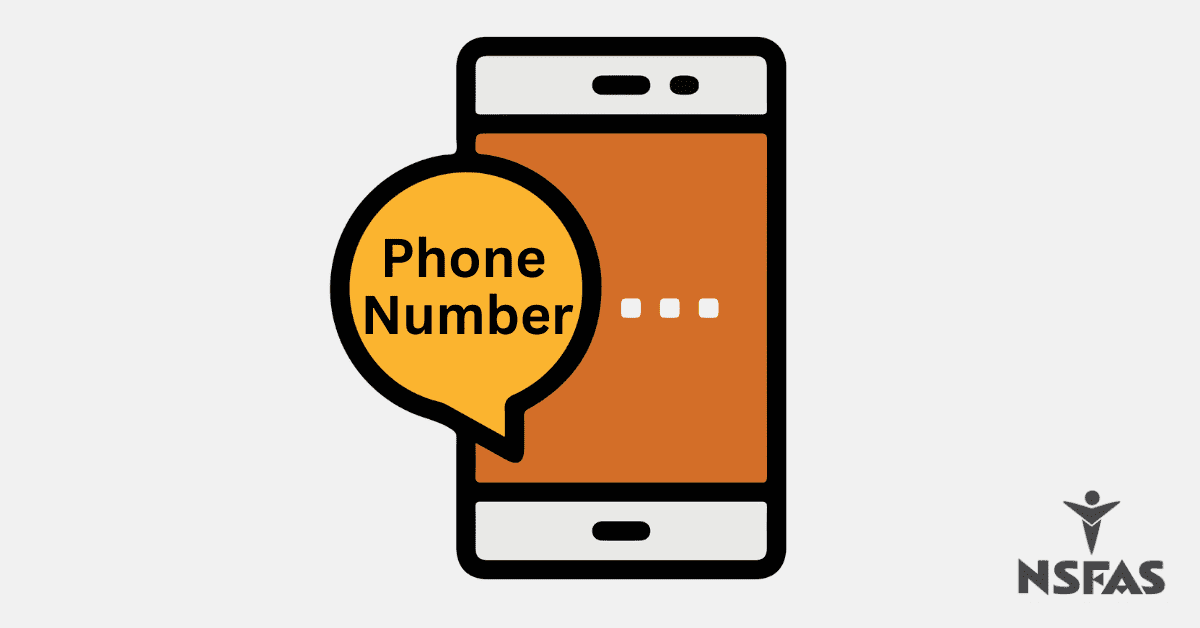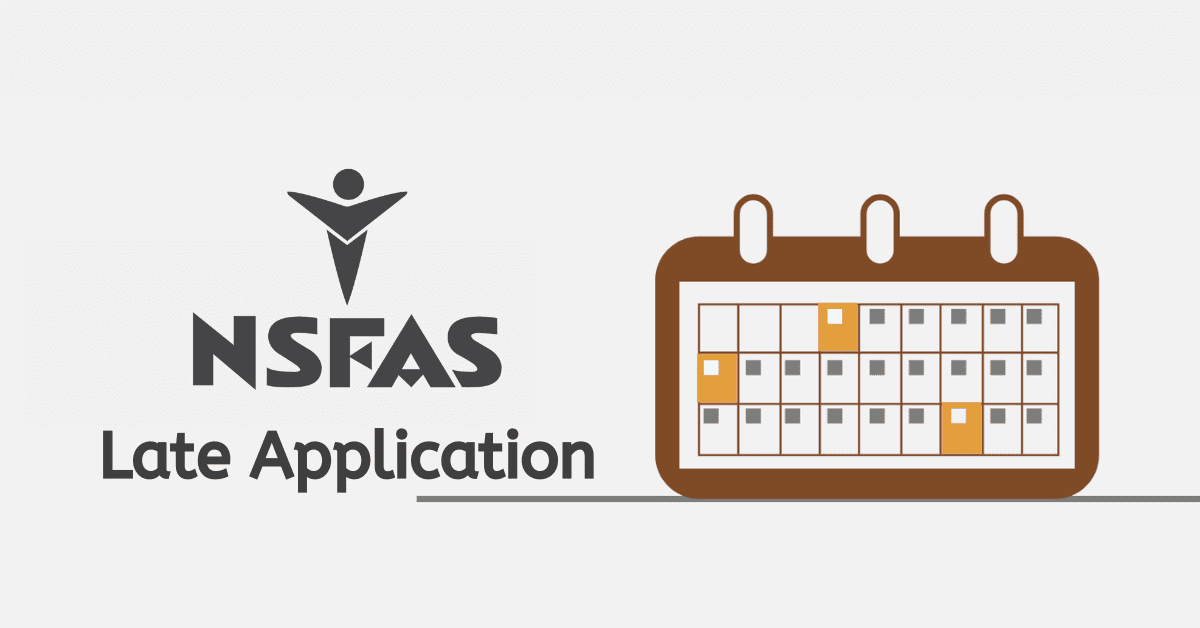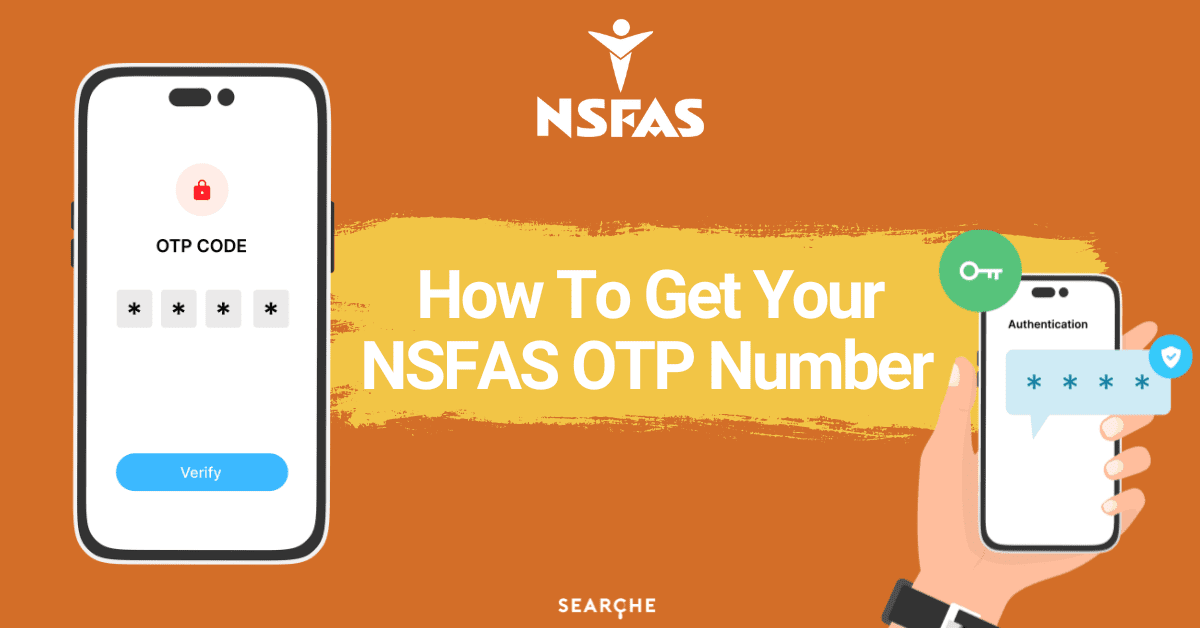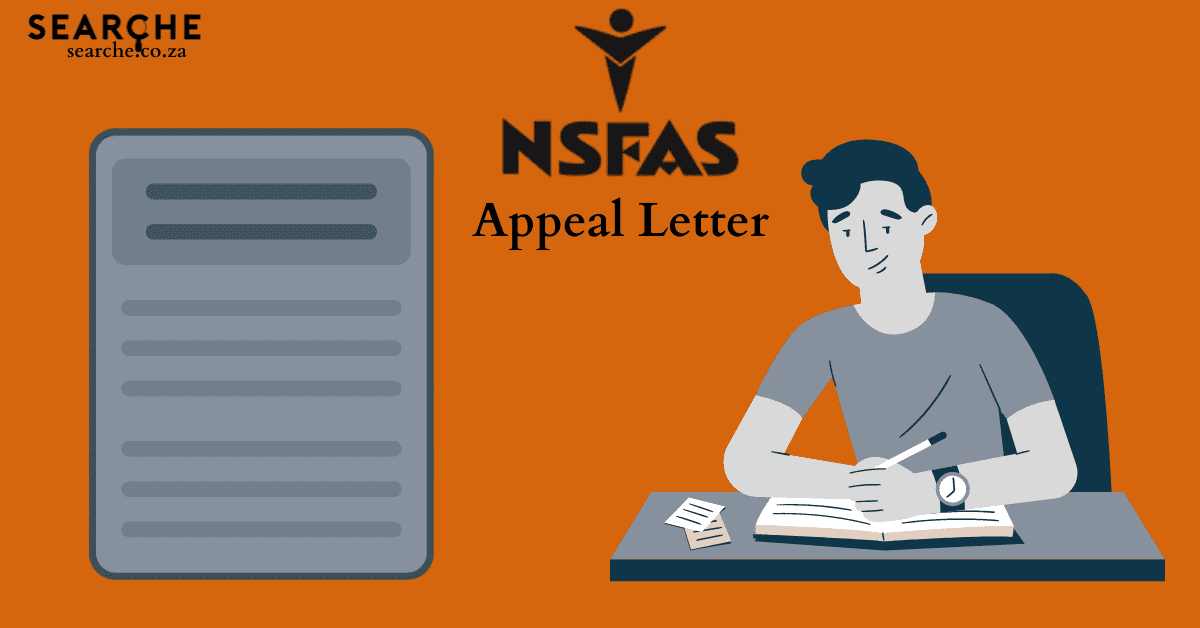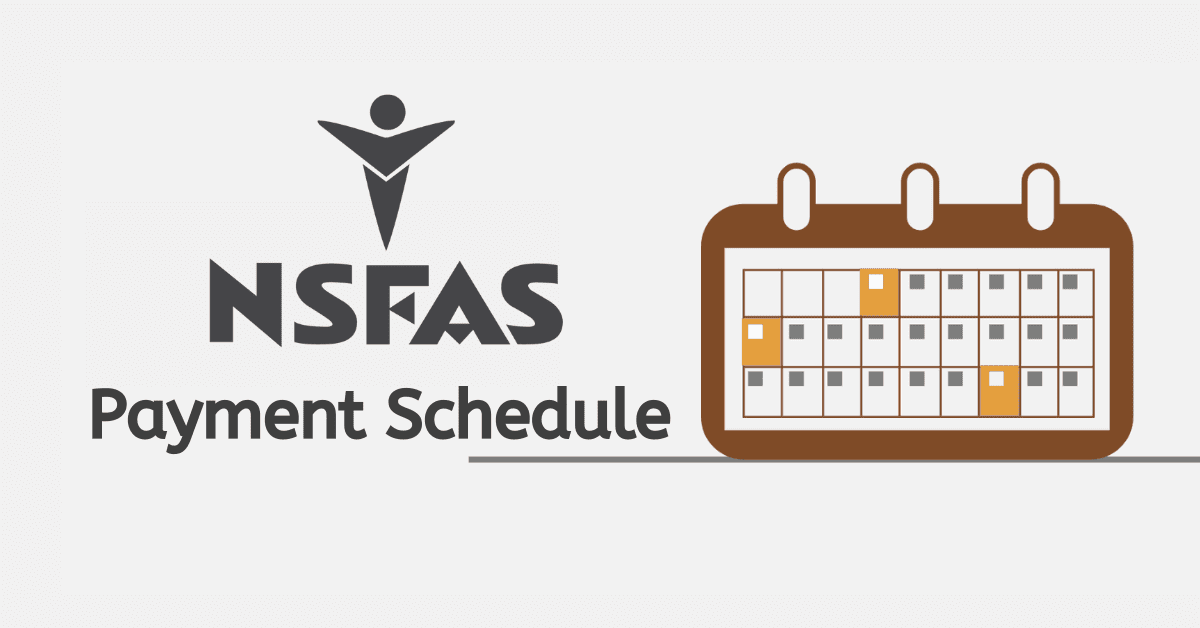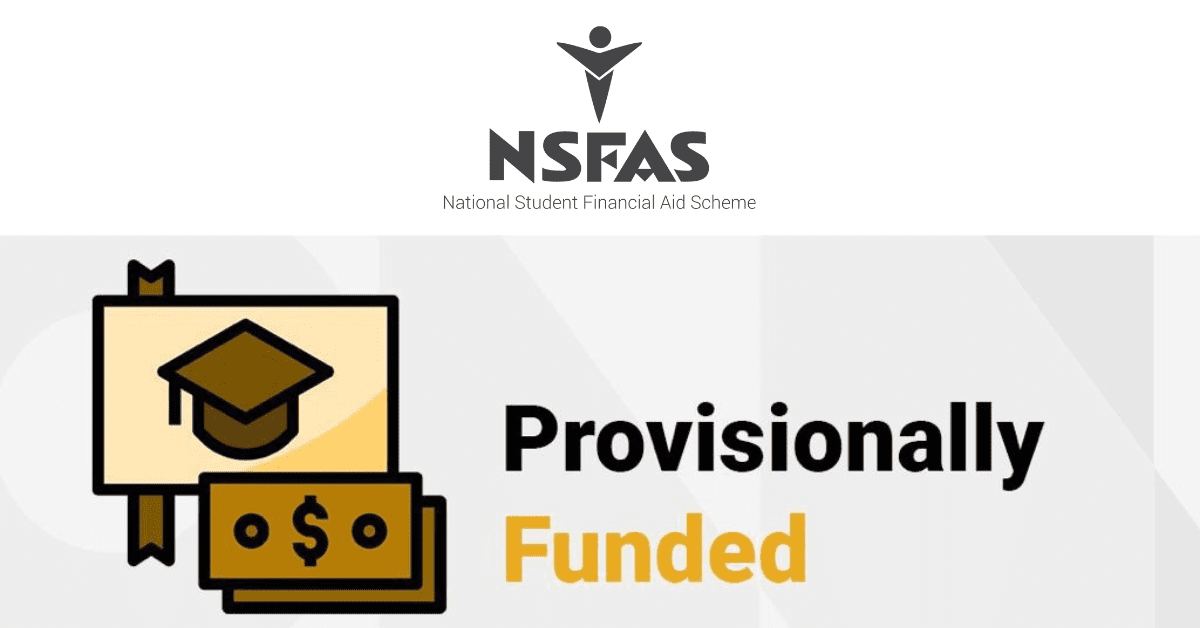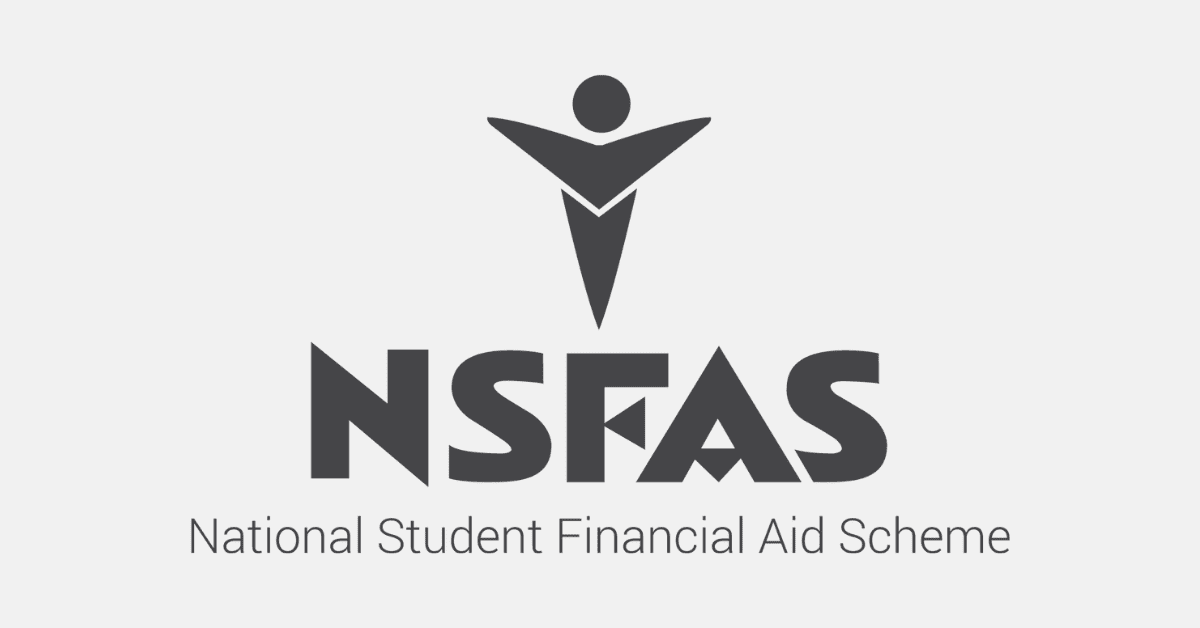While undergraduate students who apply for NSFAS are almost guaranteed to receive funding, provided they apply properly and make sure they meet all of the eligibility criteria, finding funding for postgraduate programs is a lot harder. With some changes made in the 2021 academic year to the NSFAS bursary program, postgraduate studies are no longer included. Today we look at this in more detail, including some other options you have.
Which Postgraduate Courses does NSFAS Fund?
Due to changes made to the NSFAS funding program in 2021, postgraduate studies (Masters, Honors, and PhD programs) are no longer covered at all. Prior to 2021, it was available for specific programs, but this is now off the table. Do not rely on NSFAS to fund your postgraduate studies, as this is no longer an option.
You can instead look at the bursaries on offer from the NFR (National Research Fund), which covers many STEM fields as well as some humanities with research fields that benefit South Africa. Funza Lushaka is another option for those in the Education field, specifically.
There are other bursaries, scholarships, and student loan programs in South Africa for you to assist in paying for your postgraduate qualifications. So it pays to do some research. Consider contacting your institution, too, to explore specific options they have available to you.
What does the UNISA Postgraduate Bursary Cover?
Another option you can consider is studying through UNISA. The UNISA Postgraduate Bursary is a financial aid program offered by the University of South Africa to eligible postgraduate students. The bursary covers a portion of the tuition fees for postgraduate courses offered through the university. UNISA has many programs, and with a study-from-home setup that results in a recognised university degree, it is well worth considering.
The UNISA Postgraduate Bursary covers up to 75% of the tuition fees for approved postgraduate courses, subject to the availability of funds. This means that students are responsible for paying the remaining 25% of the tuition fees as well as any other costs associated with their studies, such as textbooks, transport, and accommodation. Due to the UNISA setup, you likely will not need accommodation at all, as you can also study from home.
In addition to covering tuition fees, the UNISA Postgraduate Bursary may also provide funding for other expenses related to postgraduate studies, such as research costs and conference attendance fees. However, this is subject to the availability of funds and may require separate applications.
The UNISA Postgraduate Bursary is a competitive program, and not all eligible students will receive funding, so keep that in mind. Applicants are assessed based on academic merit, financial need, and other eligibility criteria.
Which Degrees are Not Funded by NSFAS?
NSFAS provides funding for a range of undergraduate degrees across a wide number of fields, through both TVET colleges and public universities. However, there are qualifications that are not funded by NSFAS.
- NSFAS does not fund short courses or non-degree programs such as diplomas, certificates, and skills development programs that do not lead to a full degree.
- NSFAS also does not fund a second degree or diploma. For example, if you have a Bachelor’s degree, NSFAS will not fund another Bachelor’s degree.
- As they no longer cover postgraduate qualifications, you will likely only be able to get NSFAS funding once.
- NSFAS does not fund part-time studies, as the program is designed to support full-time students.
Remember that NSFAS funding is limited to public universities and TVET colleges in South Africa. Private higher education institutions are not eligible for NSFAS funding. NSFAS funding is also only available to South African citizens and permanent residents- international students are not eligible.
The above list is not exhaustive, and NSFAS funding is subject to availability and certain eligibility criteria. It is recommended to check with NSFAS or your institution of choice to confirm whether your course of study is eligible for funding.
Does NSFAS sponsor PGCE?
While NSFAS once sponsored the Postgraduate Certificate in Education (PGCE), as of the 2021 academic year, it no longer provides any coverage for postgraduate programs. This includes the PGCE. The Funza Lushaka program does offer some coverage for eligible students in this field, and there are other bursary/scholarship programs on offer specific to the world of education, so don’t give up hope. You can also consider student loans to cover your studies.
Finding finance to further your studies can be a difficult and intimidating process. While the NSFAS bursary is regrettably no longer offered even for needed postgraduate fields in South Africa, there are other options available to you. Remember to check first with your institution of choice for ‘in-house’ scholarship and bursary options, and don’t hesitate to investigate the other programs offering tertiary education funds to South Africans in need.
